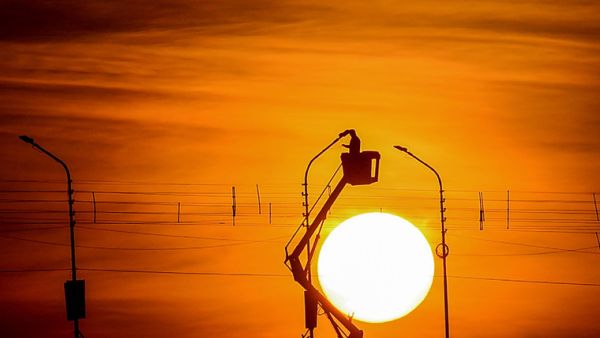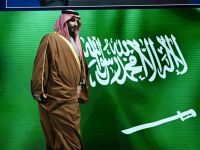A new report by the International Energy Agency (IEA) has highlighted that India will account for the largest share for growth in oil-demand from today until 2040. India’s demand for oil is expected to double by 2040 as its gross domestic product is estimated to reach $8.6 trillion by the same period.
China’s growing influence in the Middle East - epitomized by the Belt and Road Initiative (BRI) has dominated regional analysis over the past decade. Increasingly linked military, industrial, and energy infrastructures have cemented Beijing’s political and economic importance in the region, including in traditionally US-allied states.
Increasingly linked military, industrial, and energy infrastructures have cemented Beijing’s political and economic importance in the region, including in traditionally US-allied states
India’s rising oil market, however, is likely to shift dynamics between the US-Israel set (including those Arab states with recently normalized relations with Israel), and China’s regional power-bases (including Iran and, potentially, Oman and Qatar).
The IEA report notes that India’s domestic production of oil and gas is falling behind its energy requirements. By 2040 it is predicted that India’s net dependence on oil imports will rise from 75% to over 90%. OPEC countries will, of course, see this as an opportunity to export.
The United Arab Emirates, for example, is already India’s third-largest trading partner, with bilateral exchanges worth over $60 billion.
The coronavirus crisis has, publicly at least, provided an opportunity to talk up the ties between the UAE and India. "UAE’s assistance to India comes in recognition of the profound and brotherly ties our two countries have shared throughout the years," the UAE ambassador to India, Ahmed Abdul AlBanna, said recently.
The United Arab Emirates, for example, is already India’s third-largest trading partner, with bilateral exchanges worth over $60 billion.
The signing of the Abraham Accords, which initially saw the UAE and Bahrain normalize ties with Israel (though other states have since participated), has cemented infrastructure investments and ties between both countries with the US and the EU.
In October last year, the UAE and Israel signed a preliminary deal that will help the UAE transport oil from the Gulf of Aqaba to the Israeli port of Ashkelon, from where the oil will be transported to Europe.
Environmental groups have said that the docking of oil tankers in the Red Sea where the pipeline begins will cause major damage to coral reefs in the nearby area.
Earlier this year, Israel’s former ambassador to the United Nations, Ron Prosor, wrote an opinion article in the Jerusalem Post that argued India “could play an important role in determining the region’s future direction.”
“Both India and Israel,” Prosor wrote, …” need to reassess their position between a domestically preoccupied United States and a more assertive China. Superpower rivalry will be determined by the outcome of the global technological race, making the two countries – technological and innovation leaders – crucial players in this sphere. Israel and India should actively work to increase cooperation in what is likely to be an ongoing period of instability ahead.”
Both India and Israel,” Prosor wrote, …” need to reassess their position between a domestically preoccupied United States and a more assertive China
Prosor’s suggestion that less pro-Iranian states could form a soft alliance in the region would serve in the interests of politicians in Washington DC, even as tensions with Iran are looking to simmer down there is still the ongoing superpower with China to shape US foreign policy in the coming decades.
The IEA report highlights the importance of oil in India as a market for Middle Eastern trade. How crucial trade deals will be in cementing or confusing US foreign policy in the region remains to be seen. But with an increasingly powerful China and an ever-more US-friendly Middle East, India will be looking to play the right cards in the ongoing superpower rivalry as it manifests itself in the offices of the GCC statesman.







